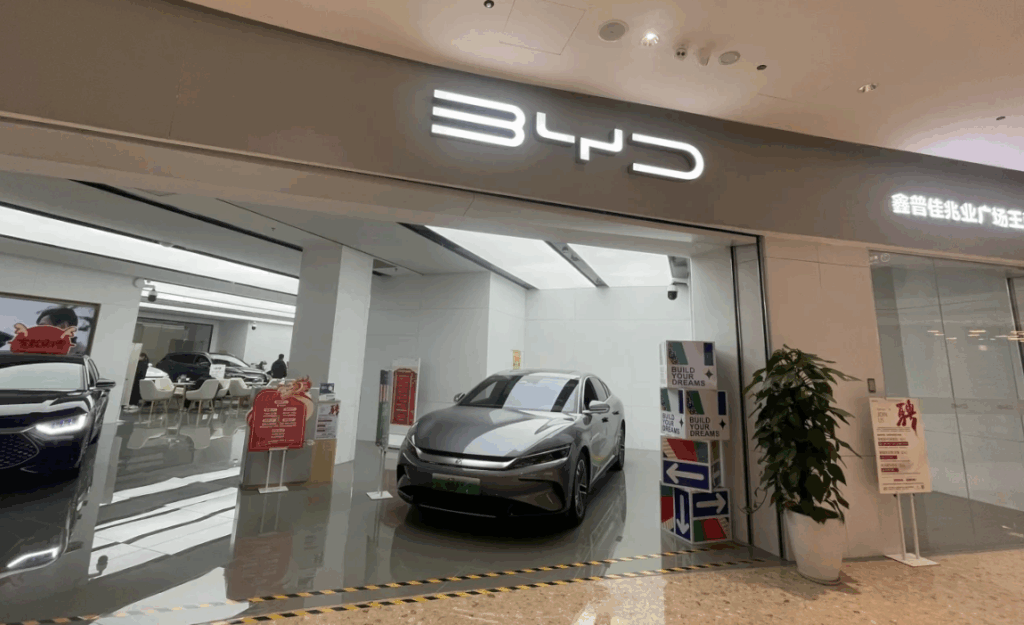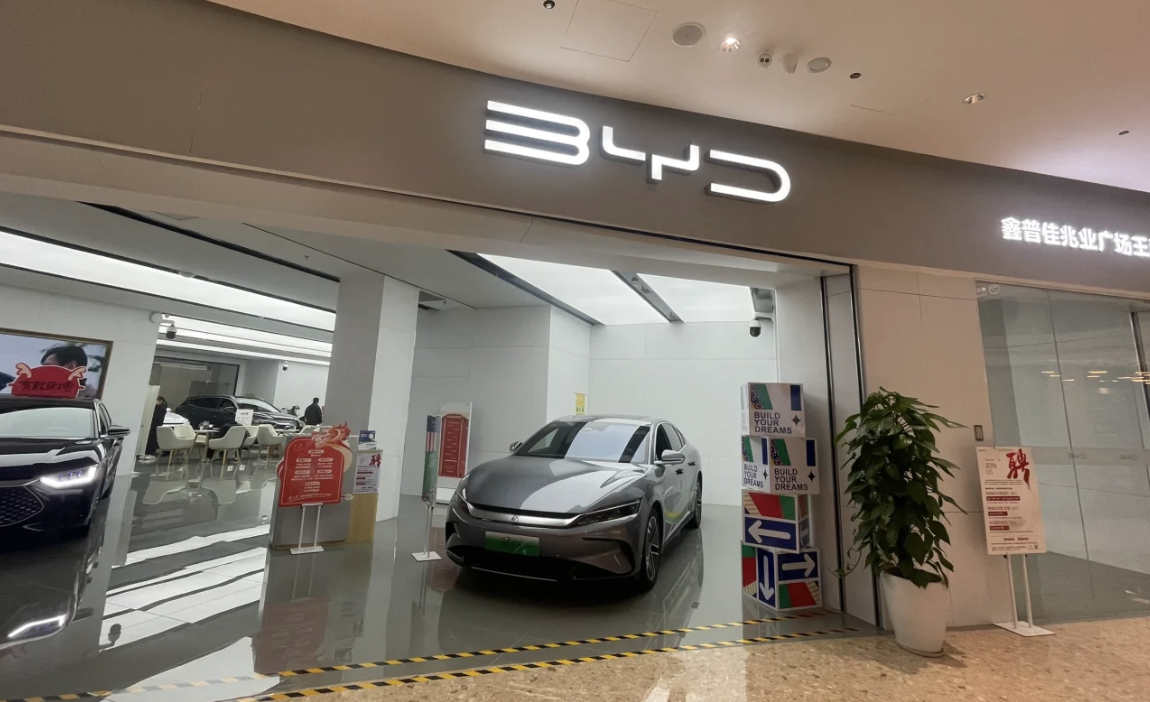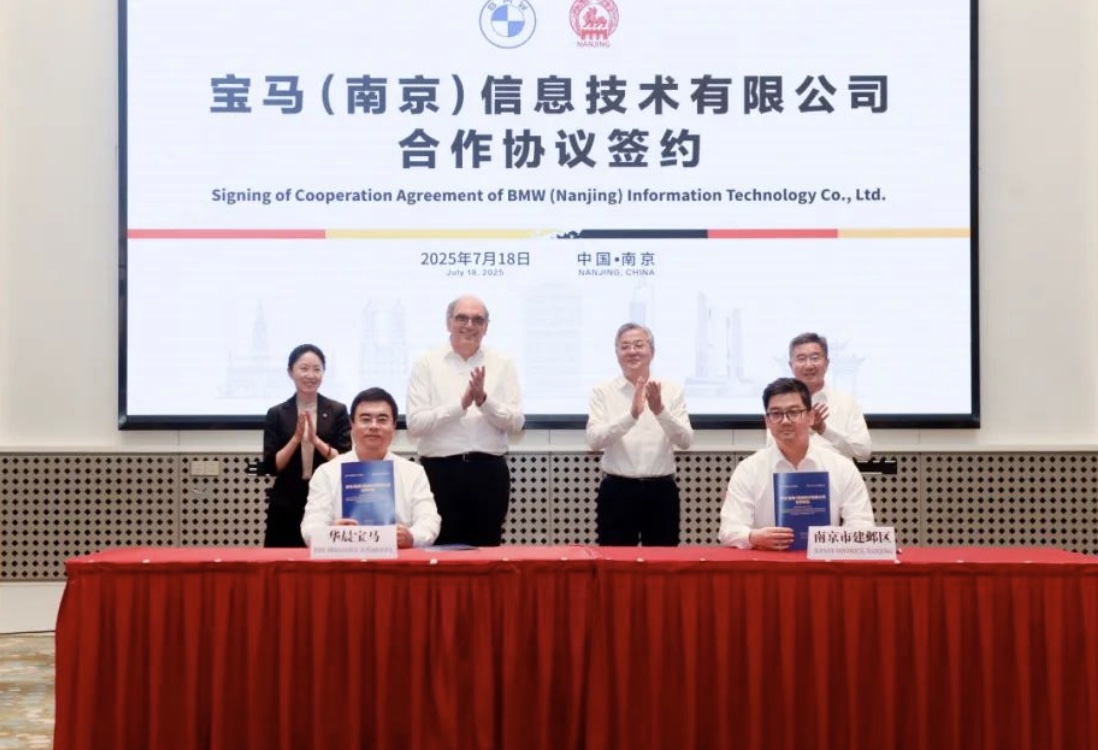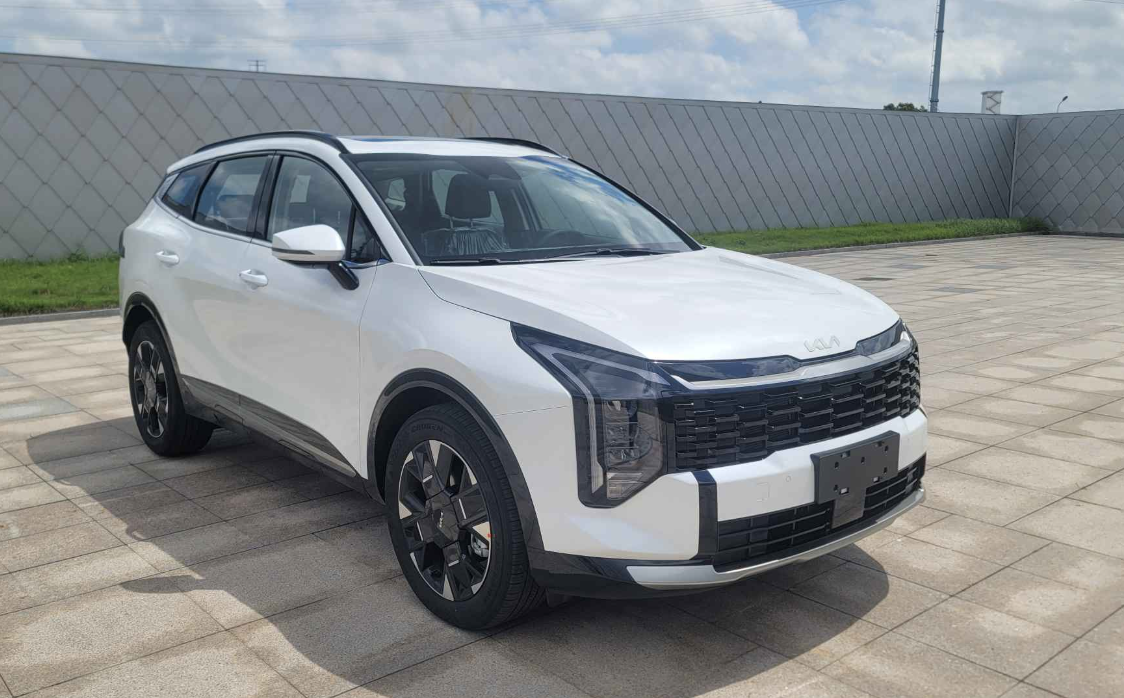Recently, the Ministry of Industry and Information Technology, the Ministry of Finance, and the State Administration of Taxation jointly announced the technical requirements for vehicle purchase tax exemptions for new energy vehicles for 2026-2027, outlining adjustments to the technical requirements for pure electric passenger vehicles and plug-in (including extended range) hybrid passenger vehicles. The new rules for new energy vehicle purchase tax exemptions will take effect starting January 1, 2026.

The announcement specifies that the energy consumption of pure electric passenger vehicles should not exceed the energy consumption limits for corresponding models in “Part 1: Passenger Vehicles of Energy Consumption Limits for Electric Vehicles” (GB 36980.1—2025). For passenger vehicles with a maximum design total mass exceeding 3,500 kg, the energy consumption limits should follow those for vehicles with a maximum design total mass of 3,500 kg in GB 36980.1—2025. This regulation aims to promote automakers to improve vehicle efficiency, reduce energy consumption, and drive pure electric vehicles to be more energy-efficient. However, since passenger vehicles over 3,500 kg are rare and mostly used for logistics, this will have little impact.
In addition to pure electric passenger vehicles, the new rules also impose strict requirements on plug-in (including extended range) hybrid passenger vehicles, with thresholds set according to the vehicle’s curb weight. The announcement states that the pure electric driving range for plug-in (including extended range) hybrid vehicles must meet a minimum equivalent all-electric range of 100 km, a significant increase from the previous requirement of 43 km. Moreover, the fuel consumption in electric mode testing, compared to the fuel consumption limits for corresponding models in the “Passenger Vehicle Fuel Consumption Limits” document, should be less than 70% for vehicles with a curb weight under 2,510 kg, and less than 75% for vehicles weighing 2,510 kg and above. In simple terms, when a plug-in hybrid vehicle relies on fuel after the battery is depleted, its fuel consumption must be lower than the fuel consumption limit set for similar vehicles by the government, ensuring strict control over energy consumption.
The announcement points out that starting January 1, 2026, all vehicles listed in the “Catalog of New Energy Vehicles Eligible for Vehicle Purchase Tax Exemption” must meet the requirements outlined in this notice. After January 1, 2026, vehicles listed in the new tax exemption catalog will be eligible for the vehicle purchase tax exemption as per the new rules.
Why is the government adjusting the new energy vehicle purchase tax exemption? Since the implementation of the new energy vehicle purchase tax exemption policy, it has effectively accelerated the development of the industry. However, there are still some plug-in hybrid models in the market that, to gain policy benefits, are equipped with small batteries to meet the minimum standards, with electric ranges of only a few dozen kilometers, and still heavily rely on fuel power for long-distance driving. These vehicles cannot fully leverage the advantages of new energy vehicles, exacerbating energy consumption and environmental pollution. The new regulations raise the threshold for tax exemptions to 100 km, meaning that plug-in hybrid models eligible for exemptions must have a longer electric driving range and rely more on electric power, thereby truly realizing their energy-saving and emission-reduction potential.
After years of rapid development, China has become the largest new energy vehicle market in the world, with a maturing industry. Based on this, raising the technical threshold for policy support will drive innovation and collaboration across the industry chain, continually improving energy efficiency and driving range, which will accelerate technological upgrades. For consumers, vehicles that meet the new technical requirements will continue to enjoy tax exemptions, while those that do not will not be eligible, directly affecting the cost of purchasing a vehicle. This will also force automakers to increase investments in battery capacity, electric control systems, and other aspects. To continue benefiting from tax exemptions, automakers must push plug-in hybrid technology towards an electric power-dominated approach. Of course, the new rules will not be implemented until January 1, 2026, giving automakers nearly two months to make adjustments and allowing for a transition period.



